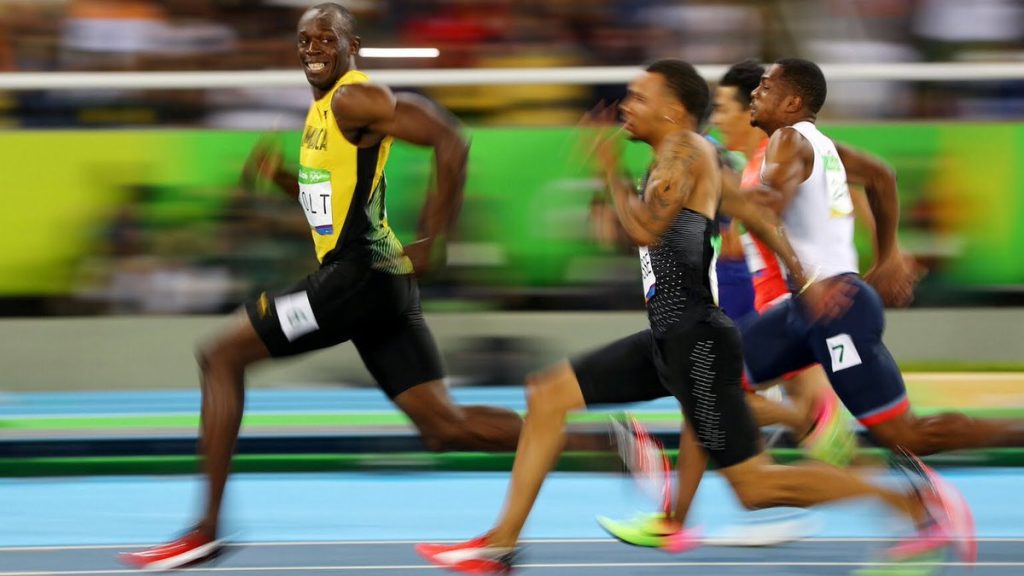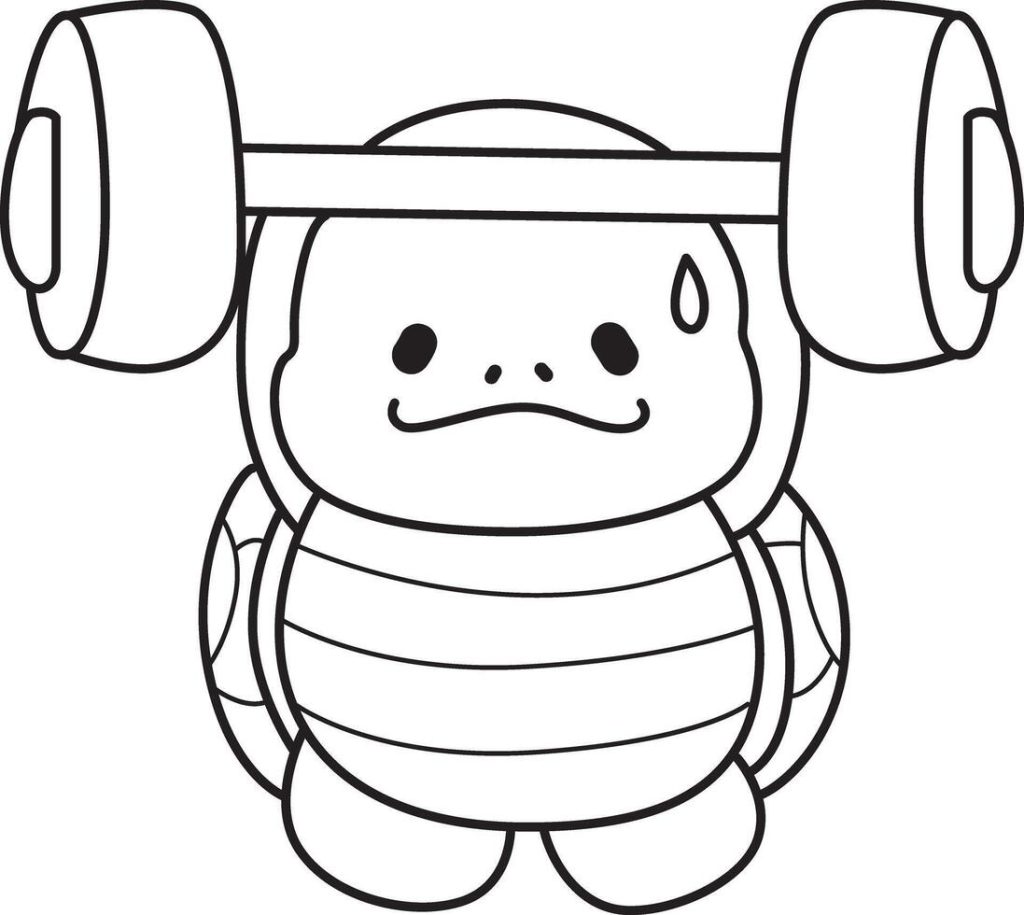Last year, the U.S. sports training industry was estimated at over $20 billion. Vast amounts of money, time, and effort are put towards improving sports performance. From that effort, trainers have developed and implemented every conceivable training method. So what really matters? What are the things that you should focus on to become a better athlete? Let’s explore what the research says, break down some common misconceptions about training, and examine popular sports to see if we can clarify what will truly bring out the best in your training.

Table of Contents
ToggleKey Factors to Consider
Let’s begin by laying out some prerequisite principles that every training program should follow:
- Specific: The adaptations of your program should meet the demands of your sport in as many ways as possible.
- Measurable: Your training should be objectively measurable to keep track of progress and adjust the plan accordingly.
- Overload: You have to push yourself. The body and mind adapt to stimuli, and things have to get harder as you get better: it’s much easier to maintain than grow.
- Other Factors: Always remember to take a step back and look at the bigger picture. Athletic performance is affected by all areas of your life, not just practice or training.

Considering the above factors, you get a general understanding of how to approach your training. But, how do we pick exercises and feel confident in the details?
- Musculature: Sports are, at their most basic, an expression of force in the right way at the right time to the right cue. A significant first step in breaking down what matters for your sport is learning what muscles are most involved in how you need to move. Three key methods to break that question down are:
- What joints/ limbs need to move?
- How much range of motion?
- How fast do they need to move?
Answering these questions will provide a strong foundation and a clear path towards improvement in the right areas.

It’s All About Speed:
A key concept from sports science literature is the Force-Velocity Curve.
This graph illustrates a concept familiar to anyone who has tried to lift something heavy: the more force required, the slower the movement will be. The quicker you move, the less force you will be able to express in that shorter window of time. Now, the most crucial aspect of this concept is that an athlete can train at both ends of this spectrum, but should shift their focus depending on their training cycle and the demands of their sport.

But Is It Really All About Speed? Most of us can think of someone we know who kills it in their sport, but isn’t the strongest in the weight room. What’s going on with that athlete? Considering everything we just went over, shouldn’t the strongest, fastest athlete have the advantage? Not necessarily. Of course, all things equal, being faster and stronger is better, but those things don’t matter if we can’t coordinate on the field in the heat of a game.
How Much Speed Then?
The majority of your training should still involve skills/ speed training that resemble your competitions. Often, the benefit of being a stronger athlete lies in having more capacity to practice skills throughout the week. Depending on the complexity of the sport, being skilled is often more important than being physically strong (although it’s beneficial to have both).

Everything Else: Finally, let’s take a step back: it doesn’t matter how hard you train. Well, it doesn’t matter if you’re not taking into account everything else. Sports performance is a combination of habits, and here are five key areas to consider where your athlete may need support:
- Recovery, stress management, and nutrition
- Mental Training/ Resilience
- Social Support
- Genetics
- Other Obligations

Common Misconceptions of Sports Performance:
The wealth of information available on the internet has made it especially challenging to determine what is truly most valuable for performance. Furthermore, trendy misconceptions have grown in sports culture and may be influencing your training decisions in questionable ways. Let’s examine some common misconceptions about athletic performance and explore alternative approaches.
- My Coach is Pushing Me to Train Year Round
Athletes should engage in a variety of activities and have a substantial off-season. Incorporating various movement types will make you a better lifelong athlete, prevent early burnout, and enhance your adaptability.
- I Need to Train Hard Every Session
Training close to failure has some benefits, but doing it repeatedly can lead to excessive fatigue. Listening to your body and intentionally pulling back some days are key to long-term success. You still have to try hard, but resting is where gains occur.
- I Shouldn’t Train Because Excess Muscle is Going to Weigh Me Down in My Body Weight Sport
Almost no athlete reaches the point of excess muscle mass. Being heavier (with lean mass) will still result in proportionally more force production relative to body weight. Additionally, focusing too much on weight can also result in under-fueling, making your training sessions significantly less productive. Shifting your perspective to long-term sustainability is both healthier and more effective.
- If I Don’t Win My Next Match, I Need to Switch my Training
Consistency across time is the most significant factor for adaptation. Structure your training thoughtfully, but changing things after every disappointment is a bad idea. Stick with it, trust in your process, and try not to focus on outcomes. The difference is made in the areas we can control, and even the best program takes time to show results. Sports performance is a game of patience.

Sports Performance Takes a Village:
Many uncontrollable factors influence sports performance and competition outcomes, and a successful athlete combines proper training with a supportive environment. You can’t win alone, and now you have some guidelines to make your training more effective. Consider what might be missing in your approach and play with some different methods. Time to get faster, better, and improve sport performance!
Here are three other articles to elevate your training and fitness:
Five Habits That Will Transform Your Life



